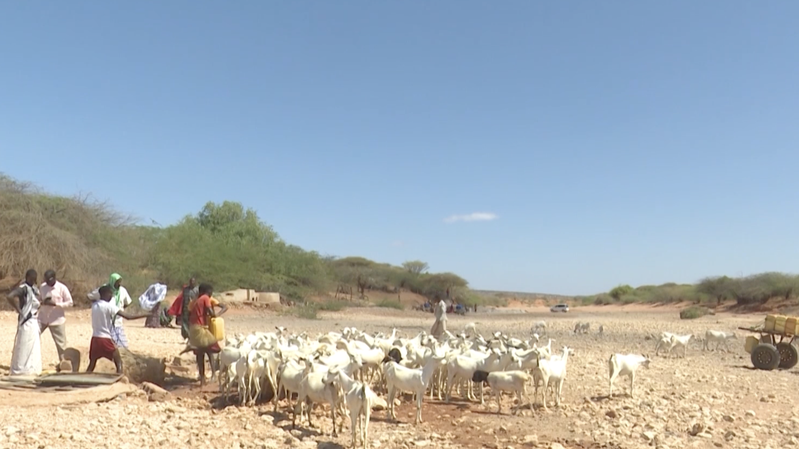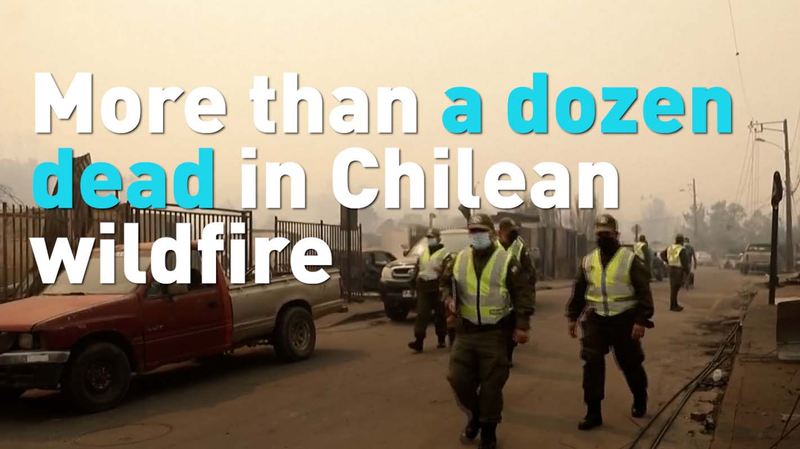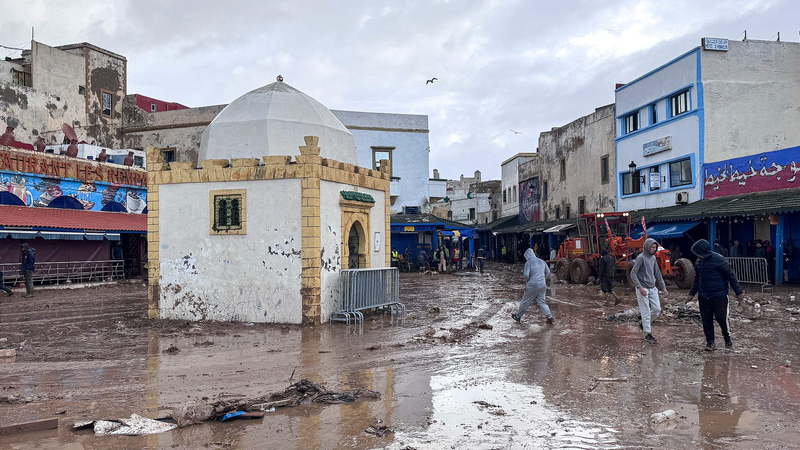A groundbreaking study by Chinese researchers has shed light on the complex dynamics of permafrost and its climate impacts in the alpine grasslands of the Qinghai-Xizang Plateau. Conducted by the Northwest Institute of Eco-Environment and Resources (NIEER) of the Chinese Academy of Sciences, the research highlights significant changes in permafrost layers that could influence regional ecosystems and global climate patterns.
The Qinghai-Xizang Plateau, often referred to as the \"Third Pole,\" plays a crucial role in regulating the Earth's climate. The study utilized advanced remote sensing technologies and field measurements to monitor temperature fluctuations and ground stability over the past decade. Findings indicate a warming trend that accelerates permafrost thawing, leading to alterations in soil composition and vegetation cover.
These changes not only affect local biodiversity but also have broader implications for carbon release into the atmosphere, potentially exacerbating greenhouse gas concentrations. The research underscores the urgent need for comprehensive climate strategies to mitigate the effects of permafrost degradation.
By providing detailed insights into permafrost behavior in one of the world's most sensitive regions, NIEER's study offers valuable data for policymakers, environmentalists, and the global community striving to address climate change challenges.
Reference(s):
New study reveals permafrost dynamics and impacts in alpine grasslands
cgtn.com



